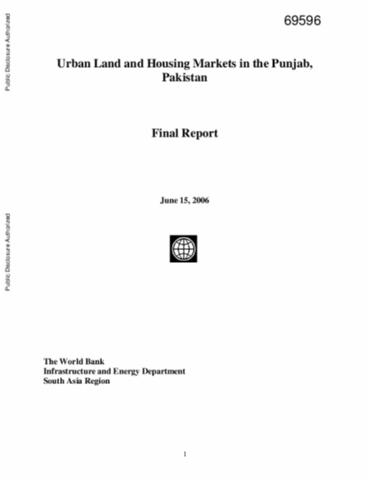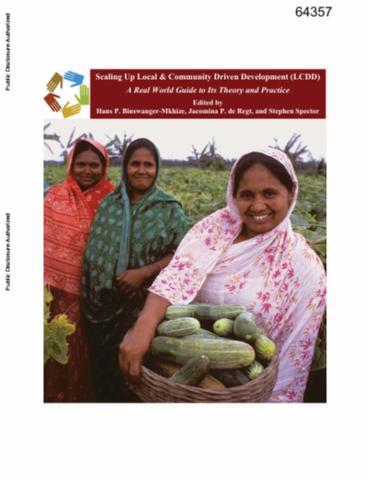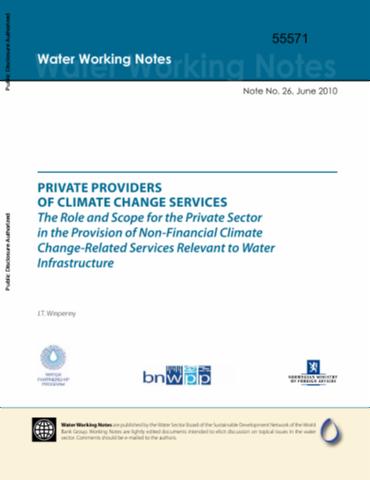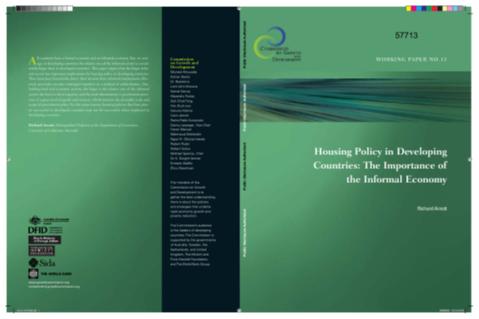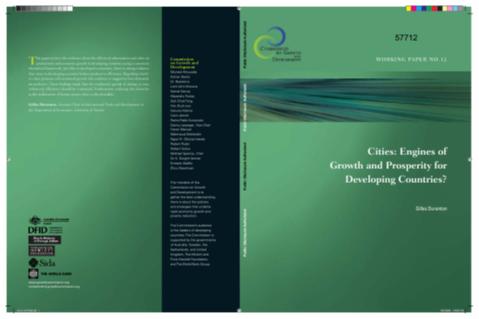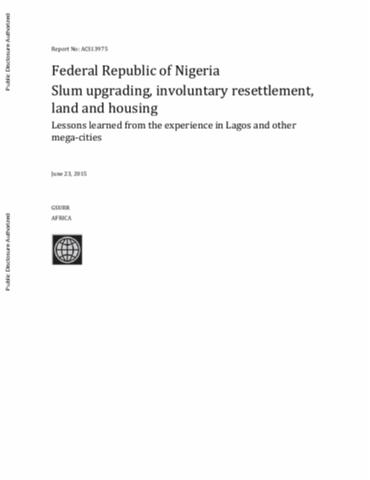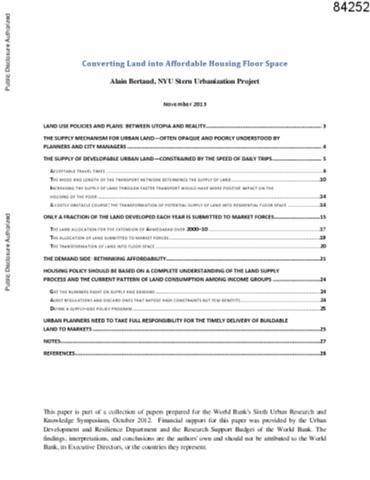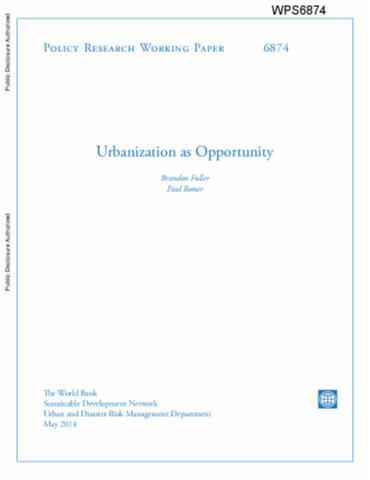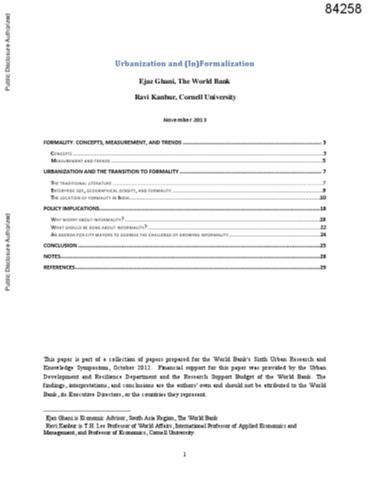Vivir en Campamentos: ¿Camino hacia la vivienda formal o estrategia de localización para enfrentar la vulnerabilidad?
Con base en una encuesta comparativa a asentamientos irregulares y conjuntos de "vivienda social" de la Región Metropolitana de Santiago, caracterizamos la decisión de vivir en estos "campamentos" como orientada a combinar dos objetivos generalmente excluyentes: mejorar la localización dentro de la ciudad y acceder a una vivienda formal en propiedad. El que los campamentos se sigan recreando a pesar de la masiva producción de unidades subsidiadas por el Estado, y el que la mayoría de sus residentes no estén bajo la línea de la pobreza, avalan esta conclusión.


